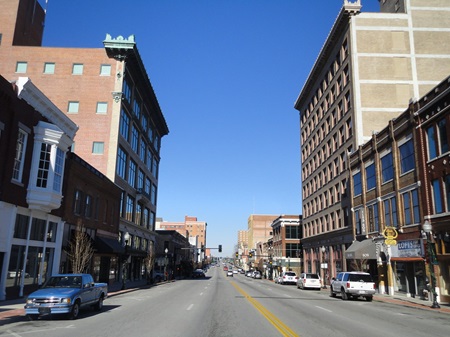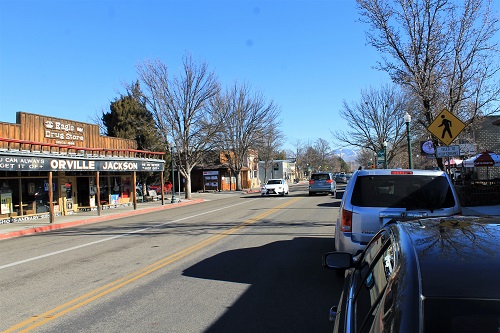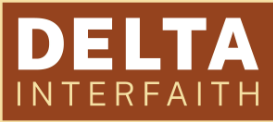
Fast, affordable Internet access for all.

Joplin, Missouri has announced a new broadband public-private partnership (PPP) with ALLO Fiber that should help boost competition and lower rates across the city of 52,000. The partnership poses a particular challenge to regional cable giant CableOne, which currently enjoys a monopoly over broadband access across a whopping 83 percent of the city.
Outside of a $5 million city contribution to harden key city infrastructure, the network will be entirely built, funded, owned and operated by ALLO.
The origins of the project extend back to 2019, when the city first began exploring efforts to modernize Joplin infrastructure under a “smart city” initiative. By 2021 the city had hired Finley Engineering and CCG Consulting to conduct a feasibility study exploring the technical and financial details of a city-owned fiber network.
Fed up by expensive and substandard broadband access and buoyed by public support, in 2022 the city issued a request for proposal (RFP) for a partner that would help build such a network. The city received nine responses to the RFP. Last month, the Joplin City Council approved an ordinance by a vote of 8-1 selecting ALLO as the city’s primary partner.

“ALLO really stood out because they were coming to our market without asking us for any assistance,” Troy Bolander, Joplin’s head of Planning, Development & Neighborhood Services, recently told Fierce Network.
Eagle, Idaho is preparing to connect the first of the city’s 32,000 residents to a new, municipally-owned open access fiber network. The project, which the city says will take between five to 10 years to complete, is being heavily funded by federal grants, and aims to meaningfully boost broadband competition – and affordable access – citywide.
ISLR profiled Eagle’s efforts last year, noting that the $5 million initial downtown fiber loop was jump-started with the help of the city’s $6.7 million allotment of American Rescue Plan Act (ARPA) funding.
Roughly 300 homes and 30 businesses should be able to connect to the network within the next six months, the city now says. More than 30 residential subdivisions are in the early deployment phase, and the project will expand steadily over the next decade, funded by revenues from existing subscribers and future state and federal grant opportunities.
Like countless American communities, Eagle suffers from a notable lack of competition between regional phone giant Lumen (formerly Centurylink, now operating under the Quantum brand), and regional cable company CableOne (under the Sparklight brand). That muted competition results in high prices, spotty access, slow speeds, and substandard customer service.

Enter Eagle’s open access fiber network, which will allow numerous ISPs to compete in layers, driving down market entry costs for providers and broadband access prices for consumers. City leaders say the aim is to offer symmetrical gig speed service for between $50 and $60 to residents, and $150 per month to local businesses.
Sometimes local coalitions can beat Goliath.
In July of 2022, Louisiana Gov. John Bel Edwards and several state lawmakers visited Lake Providence in East Carroll Parish to announce the community had secured a $4 million grant to build a fiber-to-the-home (FTTH) network in one of the most poorly connected parts of the state.
But, as we first reported here, the monopoly cable provider Sparklight (formerly known as Cable One) filed a challenge to the grant claiming the cable company already serves 2,856 homes there. Following Sparklight’s multi-state campaign to prevent competition in areas where the company operates, the challenge brought the project to a grinding halt, sparking Delta Interfaith to leap into action. With the help of allied organizations, the coalition was able to secure a major victory for community broadband in rural Louisiana.

The Power of Community-based Coalitions
The Kansas Corporation Commission (KCC) will allow the city of Chanute move forward with its plan to serve residents and local businesses with its municipal network reports the Wichita Eagle. KCC staff had recommended that the community, which has built out a network over the course of decades, receive KCC approval.
In keeping with an antiquated 1947 state law, K.S.A. 10-123, the city needed KCC approval to issue the revenue bonds. In keeping with the statutory requirements, the KCC found that the expansion is necessary and appropriate for the city, its consumers and investors. The KCC also also determined that the expansion will not duplicate an existing utility service.
In its filing [PDF], Chanute indicated that its network is an essential part of the local economy and the community's future:
Chanute is a rural community, and like all rural communities, access to broadband is fundamental to the well-being of its citizens and even to the survival of the community itself. Chanute does not need to convince the Commission of the importance of having access to a high- speed broadband network. The Commission is well aware of that need. The investments contemplated for Chanute's broadband network are necessary and appropriate to allow Chanute to meet that need in its territory.
As the city points out, incumbents AT&T and Cable One, do not offer anything close to the level of service of the planned gigabit FTTH network. As we cover in our 2012 report on Chanute, AT&T and Cable One seem to have no interest in serving the community beyond minimum expectations. It was the need for better services that inspired the city to build out its infrastructure and offer services to local businesses.